Hungarian Prime Minister Viktor Orban‘s recent diplomatic mission, following Hungary’s assumption of the European Union (EU) presidency, has ignited a storm of criticism. Orban’s meetings with Ukrainian President Volodymyr Zelenskyy in Kyiv and subsequently with Russian President Vladimir Putin in Moscow have raised eyebrows and provoked condemnation from both the EU and NATO.
Orban, a prominent Ukraine sceptic within the EU, made his first visit to Kyiv since the onset of the conflict with Russia. This was quickly followed by a contentious trip to Moscow. His discussions with Putin, ostensibly aimed at addressing peace in Ukraine, were met with severe rebuke from EU and NATO officials.
Following his proactive stance as Hungary took over the EU presidency, Orban formed an alliance with other right-wing nationalists in the European Parliament, calling themselves the “Patriots for Europe.” Just days before a crucial NATO summit focusing on increased military aid to Ukraine, Orban’s visit to the Kremlin was perceived as highly provocative.
European Commission President Ursula von der Leyen, a staunch supporter of Ukraine and a fierce critic of Russia, stated that “only unity and determination within the 27-member EU can pave the way to a just and lasting peace in Ukraine.” She added, “Appeasement policies will not stop Putin.”
European Council President Charles Michel echoed this sentiment, asserting, “Hungary has no mandate to engage with Russia on behalf of the EU. The EU Council is clear: Russia is the aggressor, and Ukraine is the victim. No discussions about Ukraine can take place without Ukraine.”
EU High Representative for Foreign Affairs Josep Borrell also emphasised that Orban did not represent the EU during his Moscow visit, reminding the public of the International Criminal Court’s arrest warrant for Putin.
‘Cannot Shake Hands with a Bloody Dictator’
German Chancellor Olaf Scholz issued a similar statement, while incoming EU High Representative for Foreign Affairs, Estonian Prime Minister Kaja Kallas, accused Orban of sowing discord by abusing the EU presidency. Lithuanian President Gitanas Nauseda harshly criticised Orban, stating, “If you truly seek peace, you cannot shake hands with a bloody dictator. Your efforts should be focused entirely on supporting Ukraine.”
However, Scholz’s comment seems somewhat hypocritical when considering Western alliances with nations like the United States, Israel, and France under similar or even more controversial circumstances. Should humanity seek peace through dialogue and understanding, or continue conflict until the last bullet is spent?
NATO Secretary-General Jens Stoltenberg clarified that Orban informed NATO of his Moscow visit in advance, but stressed that Orban attended as the Hungarian Prime Minister, not as a representative of NATO. Stoltenberg also noted that there were no significant changes in Russia’s stance on the Ukraine conflict and that there were no indications that Putin was ready to negotiate for peace.
Orban defended his actions, stating, “The peace mission continues. The second stop is Moscow.” He argued that there was no need for any mandate from the EU for his visit and that peace could not be achieved “from the comfort of a Brussels armchair.” He emphasised that “we cannot sit back and wait for the war to miraculously end.”
During the public segment of their meeting, Putin acknowledged Orban’s dual role, saying, “I understand you are here not only as our long-term partner but also as the EU presidency.” Putin expressed his desire to discuss the “evolving nuances” of the Ukraine conflict and peace proposals with Orban.
Orban lamented that Hungary was becoming “the last European country capable of talking to everyone,” noting the lack of dialogue between the EU and Russia. Following their joint press conference, Orban highlighted the significant divergence between Kyiv and Moscow’s perspectives, stating that Ukraine seemed determined to fight to the end.
Putin reiterated that Russia sought a complete resolution rather than a frozen conflict, which would only allow Kyiv to rearm and rebuild. He asserted that Russia’s peace proposals were key to resolving the conflict and mentioned their discussions on the current strained relations between Russia and the West.
In conclusion, Orban described Hungary’s EU presidency as a “peace mission,” stressing the need for many steps to end the war and reaffirming that dialogue was essential for peace.
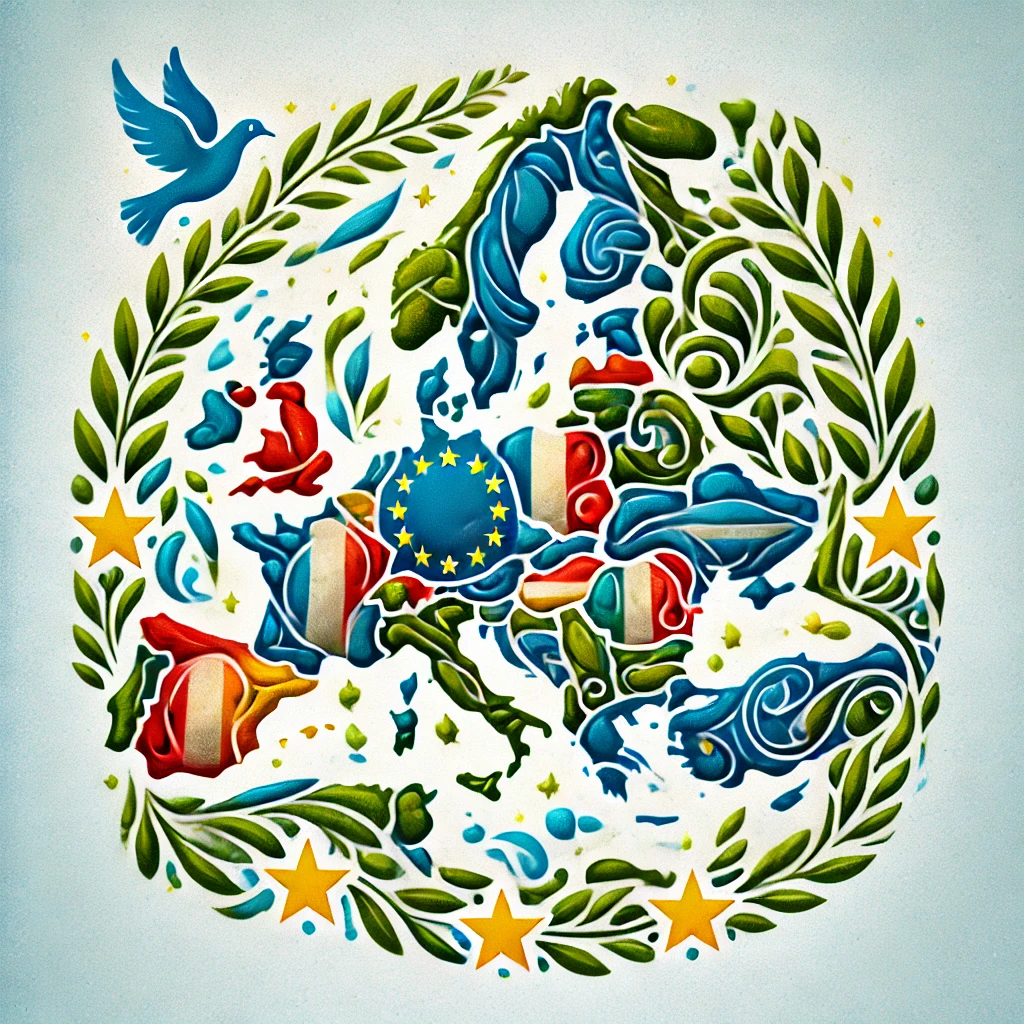
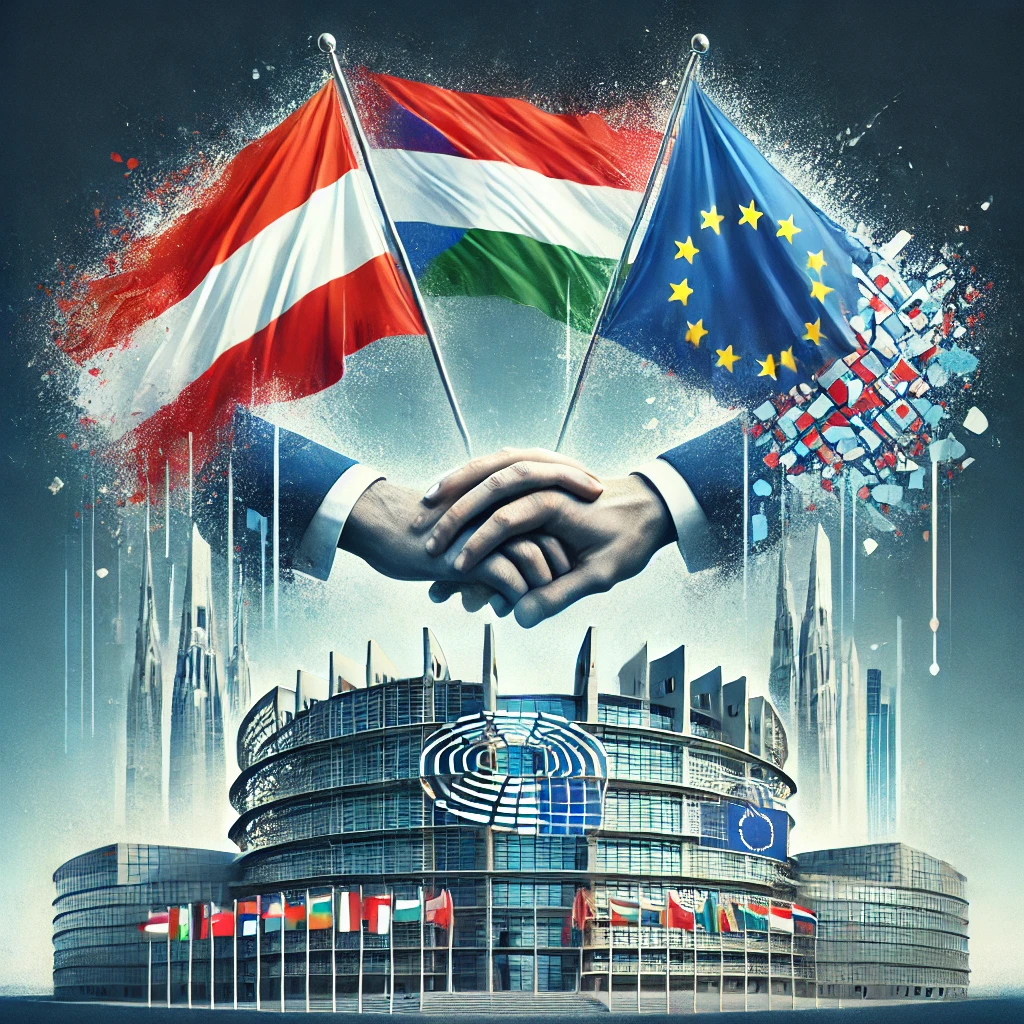
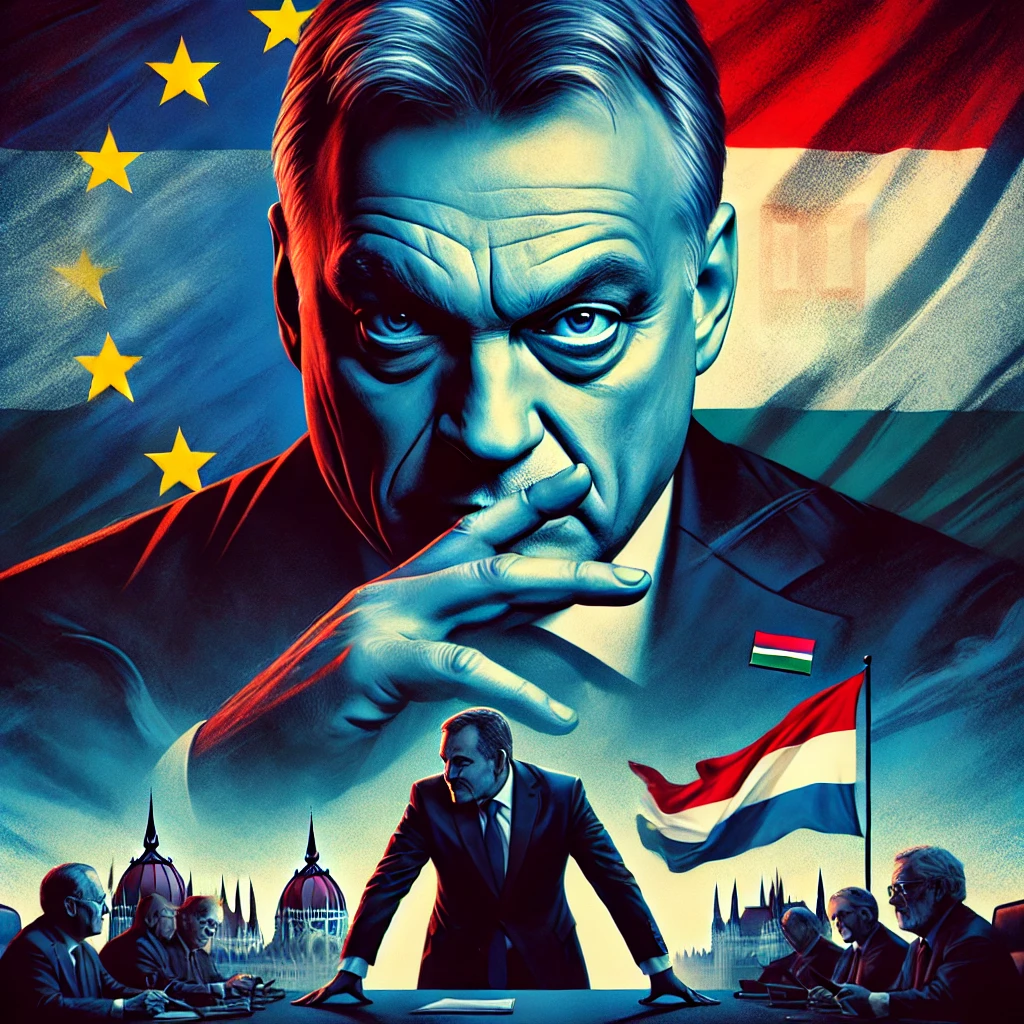

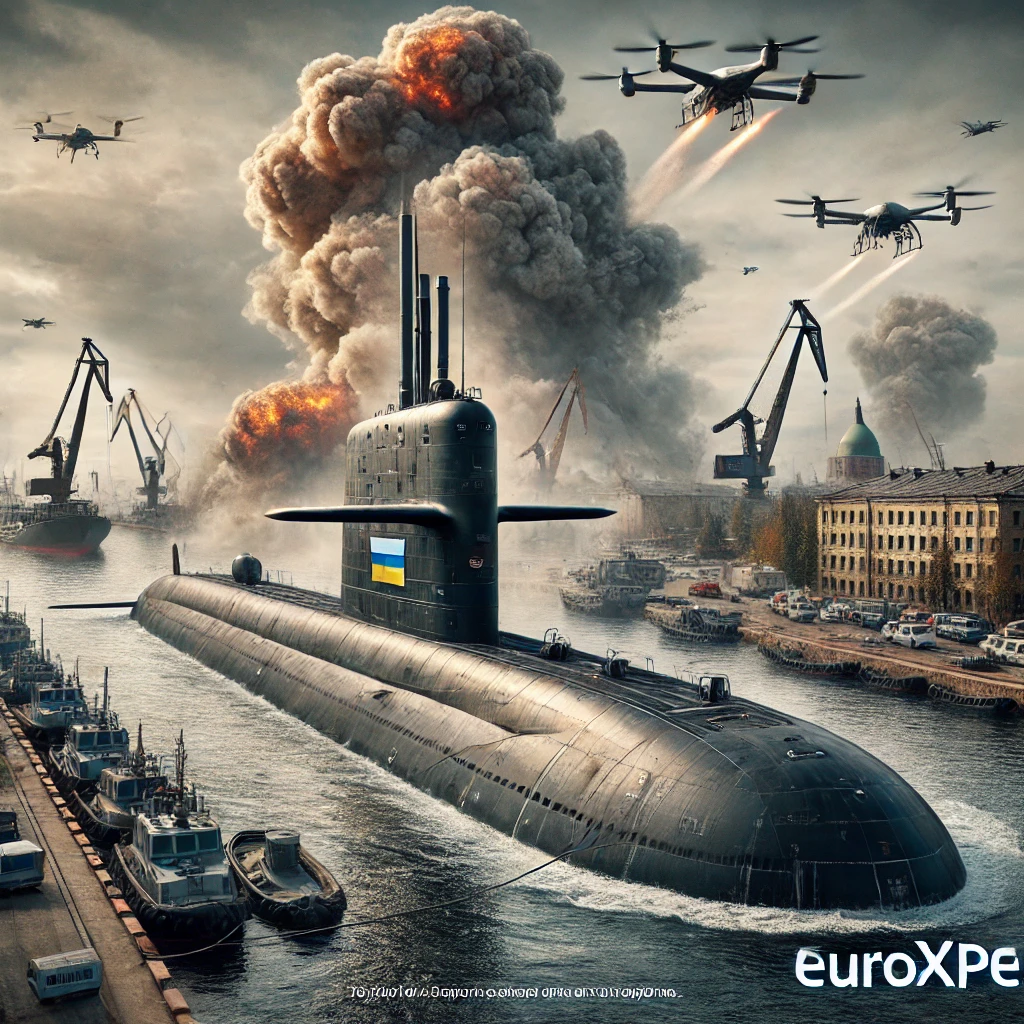

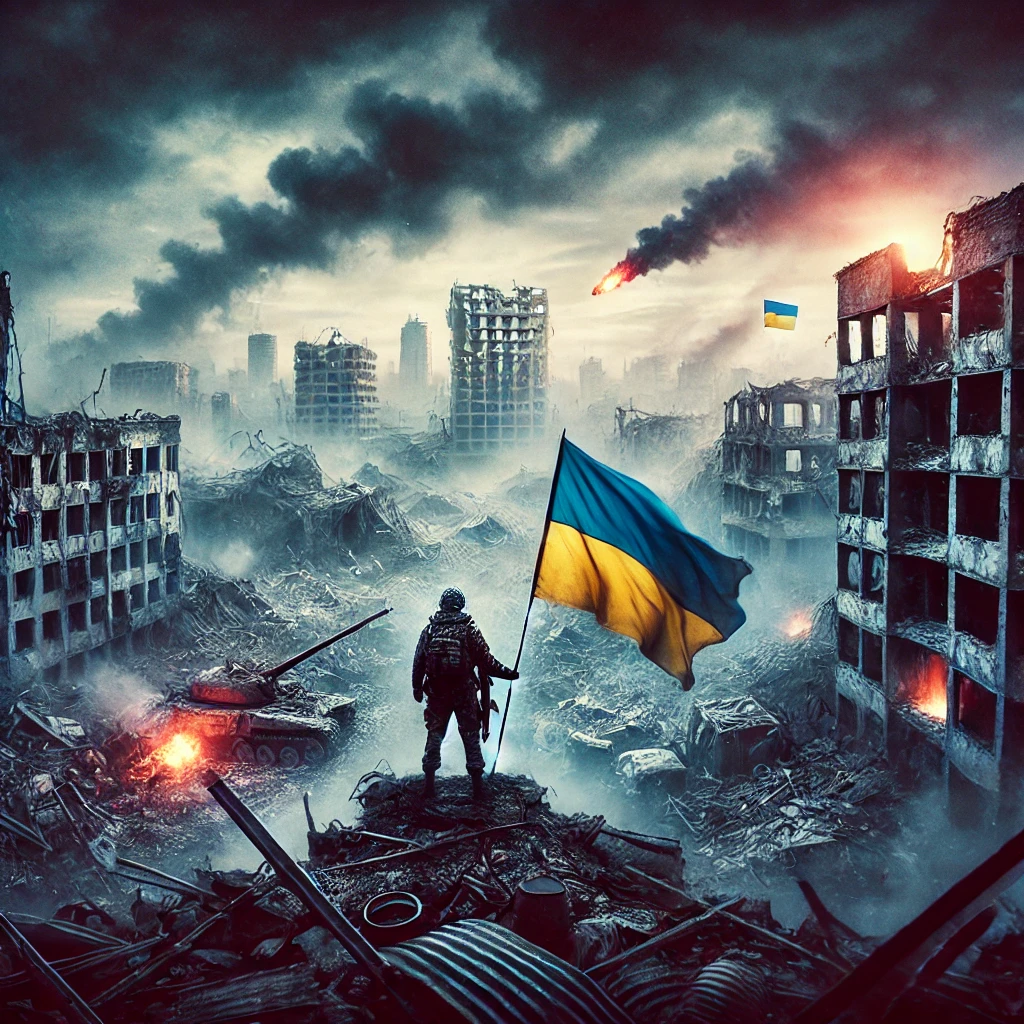
[…] Orban’s Visit to Moscow Sparks Controversy in the European Union […]
[…] Orban’s Visit to Moscow Sparks Controversy in the European Union Shares: […]